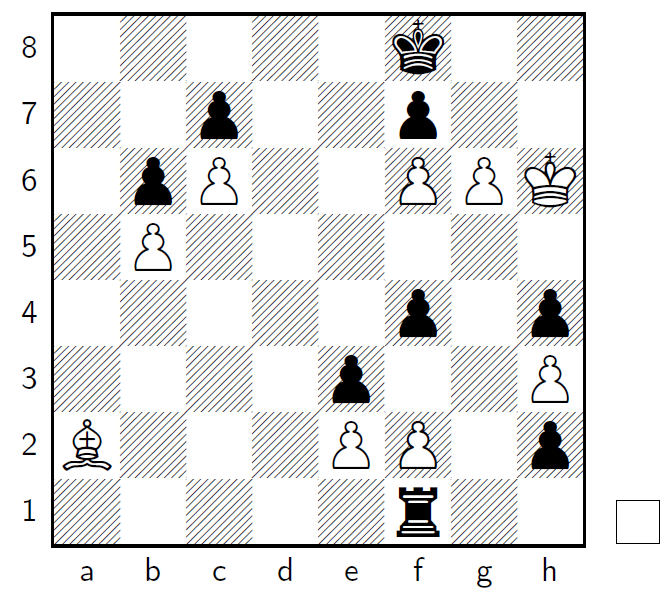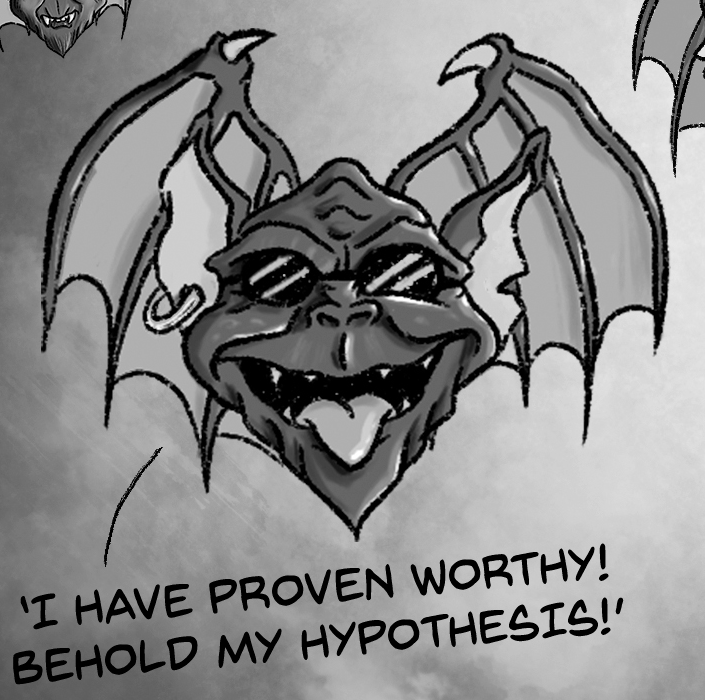A Fix for the Kubbel Study

WARNING: this post deals exclusively with a chess endgame study. A previous post discussed the Bristol theme from chess endgame study composition. One of the featured studies was created by the great Leonid Kubbel. This is what I wrote: “Since its inception, the Bristol theme has appealed to several composers. One of the most famous, Leonid Kubbel, created the following…
read more





